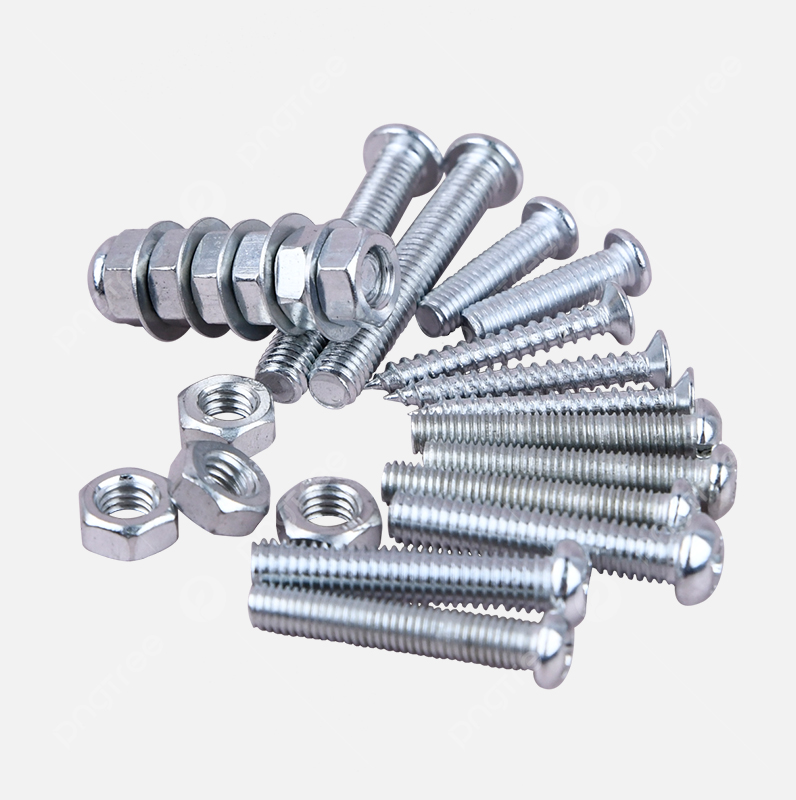Properties and Applications of Stainless Steel Structural Bolts in Modern Construction Projects
The Importance of Stainless Steel Structural Bolts in Modern Construction
In the world of construction, fasteners play a crucial role in ensuring the structural integrity and longevity of buildings and infrastructure. Among the various types of fasteners, stainless steel structural bolts stand out due to their exceptional properties and versatility. This article delves into the significance, advantages, and applications of stainless steel structural bolts in modern construction.
What are Stainless Steel Structural Bolts?
Stainless steel structural bolts are high-strength fasteners made from stainless steel, a corrosion-resistant alloy that typically contains iron, chromium, and nickel. These bolts are designed to securely connect structural components in a variety of engineering applications, ensuring stability and safety over time. The mechanical properties of these bolts are crafted to withstand not only tensile and shear forces but also environmental factors, making them suitable for both indoor and outdoor use.
Advantages of Stainless Steel Structural Bolts
1. Corrosion Resistance One of the primary benefits of stainless steel is its ability to resist rust and corrosion. This property is particularly beneficial in environments that are exposed to moisture, chemicals, or extreme weather conditions. Unlike carbon steel bolts, which can corrode and weaken over time, stainless steel bolts maintain their strength and usability.
2. High Strength and Durability Stainless steel structural bolts are engineered to offer high tensile strength, which is critical for load-bearing applications. Their durability ensures that they can support heavy loads without deformation or failure, making them ideal for critical structures like bridges, skyscrapers, and industrial buildings.
3. Aesthetic Appeal The shiny, polished surface of stainless steel not only provides functional benefits but also contributes to the aesthetic appeal of structures. Many designers and architects prefer stainless steel fasteners because they blend well with a variety of materials and enhance the overall look of a project.
4. Low Maintenance Structures that use stainless steel structural bolts tend to require less maintenance over time. The corrosion-resistant properties mean fewer repairs and replacements, which translates to lower long-term costs.
stainless steel structural bolts

5. Sustainability Stainless steel is 100% recyclable, making it an environmentally friendly option. The use of recycled materials in construction is gaining traction, and the ability to recycle stainless steel contributes to a more sustainable building practice.
Applications in Construction
Stainless steel structural bolts are used in numerous applications across various sectors
- Residential Construction In homebuilding, stainless steel bolts are often utilized in connecting beams, joists, and other structural elements.
- Commercial Buildings For larger commercial projects, stainless steel bolts ensure the stability of frameworks and support heavy facade materials.
- Infrastructure Bridges, tunnels, and other infrastructure projects require robust fasteners capable of withstanding the rigors of heavy traffic and environmental challenges. Stainless steel bolts play a vital role here.
- Marine Applications The marine industry benefits greatly from the corrosion resistance of stainless steel, making it an ideal choice for boats, docks, and offshore structures.
Conclusion
Stainless steel structural bolts are invaluable in modern construction, combining strength, durability, and aesthetics while offering significant resistance to the elements. Their wide range of applications reflects their versatility and importance in a variety of projects, from residential homes to massive infrastructure works. As the construction industry continues to evolve, the reliance on stainless steel structural bolts will undoubtedly grow, paving the way for safer, more efficient, and sustainable building practices.
-
Weatherproof Plastic Expansion Anchors for OutdoorNewsJun.06,2025
-
Sustainability in the Supply Chain: Eco-Friendly TEK Screws ProductionNewsJun.06,2025
-
Load-Bearing Capacity of External Insulation FixingsNewsJun.06,2025
-
Double Head Bolts: Enhancing Efficiency in Industrial MachineryNewsJun.06,2025
-
Corrosion Resistance in Chipboard Screws: Coatings for Wholesale DurabilityNewsJun.06,2025
-
Butterfly Toggle Bolts : Enhancing Structural ResilienceNewsJun.06,2025
